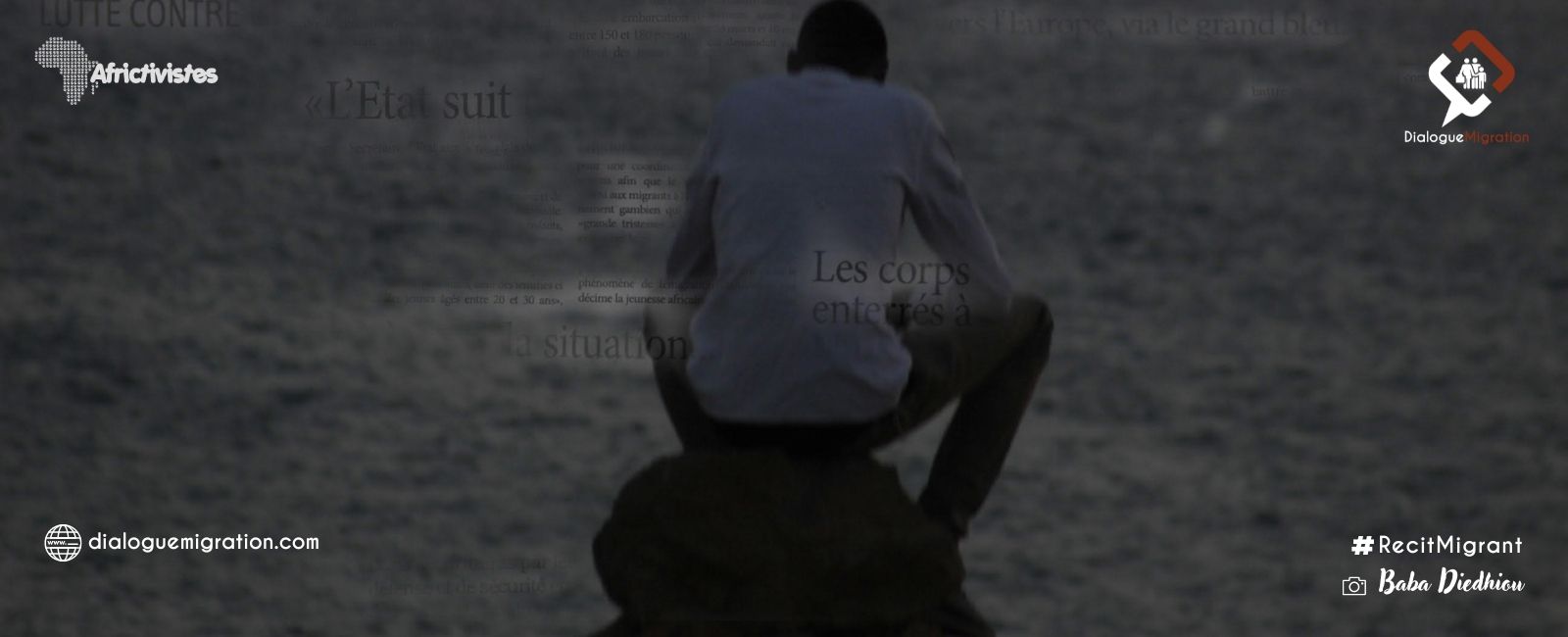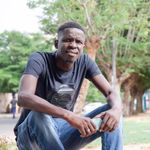

Returning home is a crucial step in migration. For many African migrants, seeking better living conditions was at the root of their journey abroad, especially to Western countries. Decent work or income-generating activity that can allow the various candidates to provide for their families left behind. This is the case of Banda Cissé, 45, who has returned home since 2010 after 4 years in Spain and , today, maintains a fruitful business on the Casamance-Dakar axis through the Niayes.
Among the first to successfully cross the Mediterranean Sea
In 2006, when the first canoes experimented with crossing the Mediterranean to Spain, Banda was only 28 years old. At the time, he lived in Lower Casamance (southern Senegal) where he was already active in the smoked fish trade. “Things were going really well for me. I could earn up to 500 thousand a week with my business. But I had to be convinced by acquaintances to go to Europe because we would earn much more and work less. They did not need to insist because there were many examples in my village where people who had emigrated were able to achieve a lot in such a short time,” says our interlocutor, whom we met about a hundred kilometers from the Senegalese capital, surrounded by his wife and three children.
Banda explains, however, that traveling by sea at the time was safer than it is today. “The canoes we took in 2006 were much stronger than the ones our younger brothers are on board today. In addition, we had very experienced captains (or crew chiefs) who were used to doing this kind of trip at sea. As a result, out of ten (10) canoes attempting the crossing, rarely more than two sinked into the ocean. The risks were there, but the smugglers and conveyors were more organized to reduce them,” he believes.
“8 days at sea without closing my eyes, I thought we were all going to die”
Despite all the precautions taken for a safe crossing, sea travel involves very high risks. Especially for people like Banda who had never been on the high seas before. “It was my very first time. I had paid 300 thousand CFA for the trip. There were less than a hundred people in the canoe. I do not remember the exact number. But it was a very trying experience. We spent 8 days at sea during which it was almost impossible for me to close my eyes. At one point, I thought we were all going to die in the ocean. The sun was rising, setting, rising again and we were still in the ocean. I will never forget my extreme relief when we saw a shore in the distance,” he told Dialogue Migration.
“We landed on an island. I don’t remember which one (he tries to remember the name of the island and mumbles some names, but is not convinced). We were very exhausted from the trip. On the spot, we were greeted by the emergency services who transported us to a large center. There, other migrants of various nationalities were found. In this center, we stayed no less than 40 days before reaching Spain,” he continues.
“My mistake was to believe that I could earn more in Europe”
For someone who made between 2 million and 2.5 million FCFA a month thanks to his successful trade in the country, Banda was nevertheless convinced that he could, at least, earn triple that amount in Europe. But he was confronted with another reality on the ground. “When we were transported to Spain, I went to my brother’s house in Marbella. He had been in this country for more than 5 years and was active in street selling cassettes and other contraband. He then introduced me to this sector and I started to find my feet. But it was very difficult to make as much money as with the sale of smoked fish in Senegal. In addition, the Spanish police made life difficult for us by often confiscating our goods and earnings,” he said.
“After 3 years there, I realized that everything I was told before my departure was greatly exaggerated. Although I sometimes sent money to my family in the country, I thought it was not enough compared to everything I did for them when my business was doing well in Casamance. That’s when I decided to go back to Senegal and start all over again. My brother tried to suggest other cities like Barcelona, where many of his friends run shops, but I refused. I no longer felt like a migrant,” he adds.
Back empty-handed for… A thriving business in the fold
After a fateful stay of nearly four years in Spain, Banda Cissé returned to Senegal empty-handed. It was not for lack of trying. Only, the migration did not succeed for him. Having left a wife, children and relatives in the country, he could not continue to live clandestinely, without papers, thousands of miles away. He mustered the courage , to return empty-handed and face the inquisitive gaze of society. “I was an undocumented person and I could not take the risk of continuing to live illegally in a foreign country with everything that could happen to me and that would necessarily affect my family in the country. I came back empty-handed. Fortunately, my family, relatives and friends were much more focused on the integrity of my physical person than on what I could have brought in my luggage, ” he says.
“At first, it was difficult to pick up from where I left off. My business of yesteryear was in the hands of other people. I had to find a fresh start. I then found a good niche in the off-season lemons trade. That is, 12 months out of 12, there are people who produce this fruit. It’s a very fruitful market because Senegalese consume a lot of lemon,” Banda says happily.
12 years after his return to Senegal, Banda Cissé now leads a quiet life with his family. He manages to support himself and his loved ones through his business. “Today, I have the means to return to Europe through the legal route. I even have friends who are there and encourage me to do it. But I categorically refuse. For nothing in the world, I will not make the same mistake as in 2006. You should never leave a decent job and a good income here to go on an adventure in Europe. I won’t do it anymore,” he swears with his hand on his heart.


